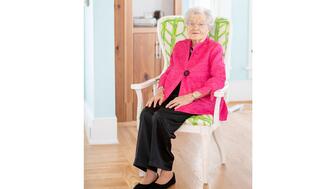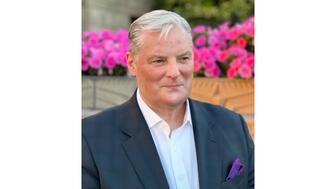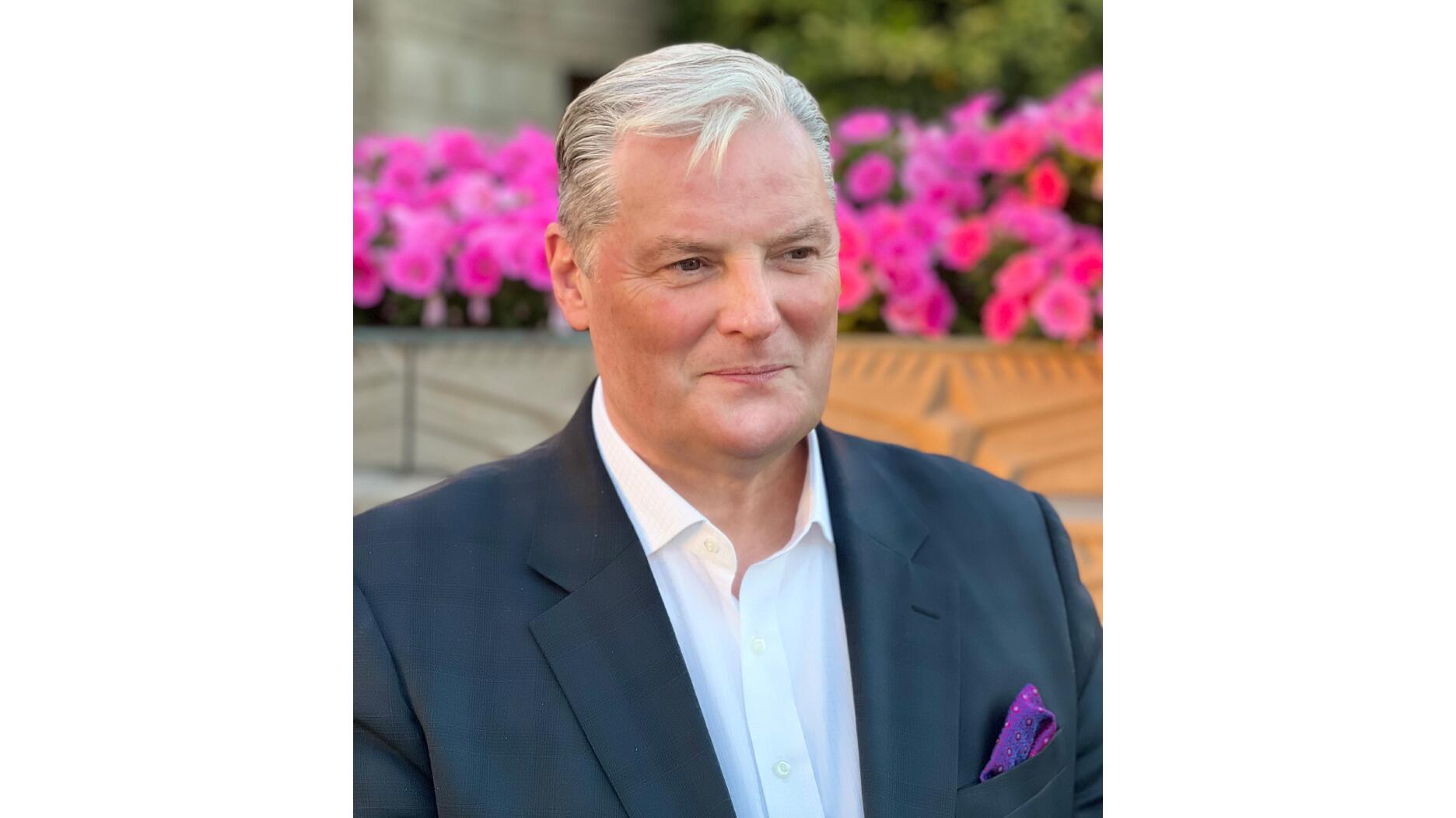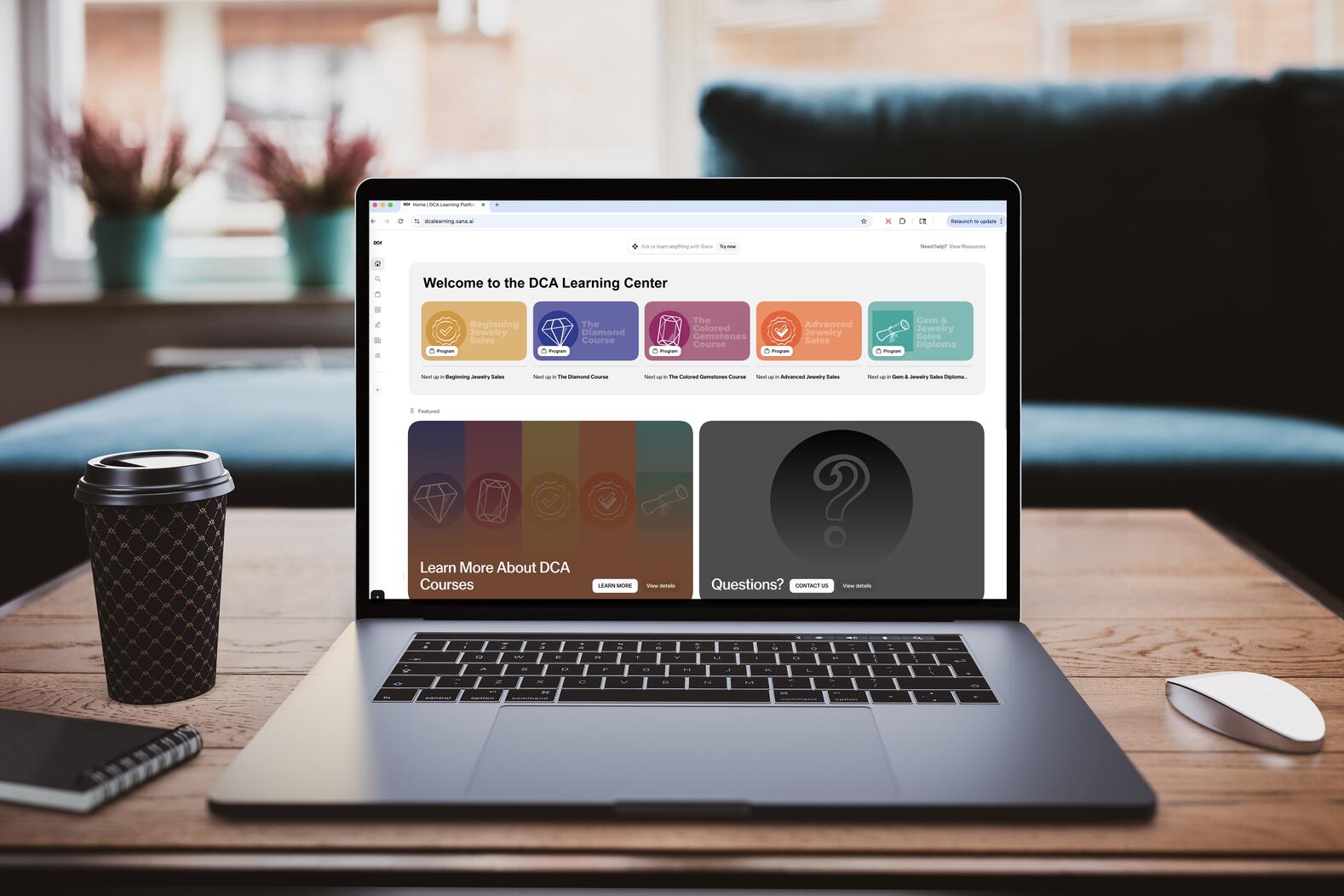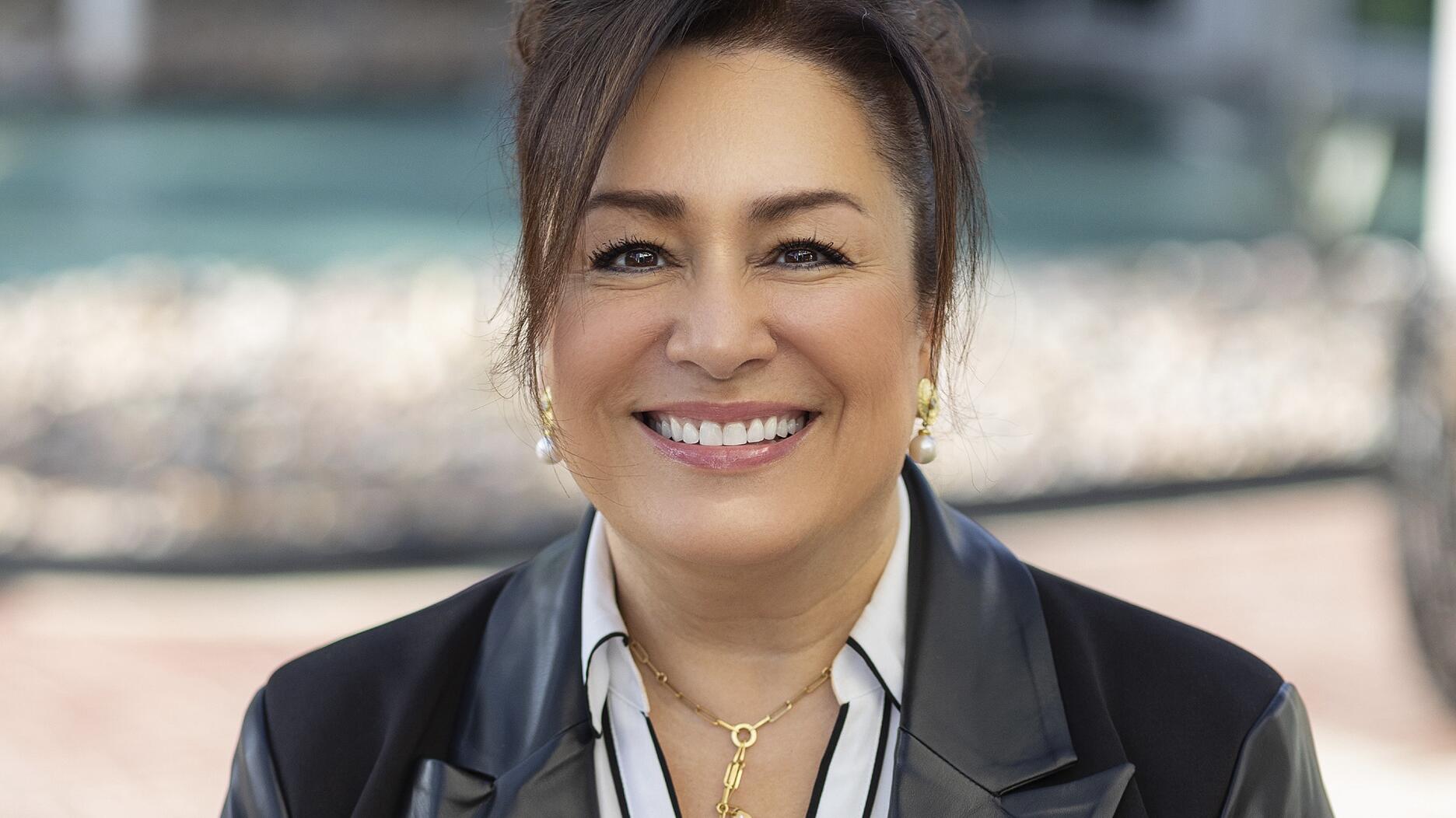Raised in an orphanage, Bailey was 18 when she met her husband, Clyde. They opened their North Carolina jewelry store in 1948.
Coach’s Corner: 6 Questions Salespeople Need to Ask Themselves
The Jewelry Coach Pat Henneberry wants to know about your value proposition, your role models and more.

In order to reckon with them, however, you have to ask the right questions.
I know you’ve heard this before from me, but this time it’s not questions for the consumer that I’m sharing, it’s questions you need to ask yourself.
Below is a modest stab at assembling six of the most important questions to ask yourself as a sales professional.
After working with thousands of retail stores over 30 years in the jewelry industry, I can safely say that if you dig deep enough, nearly every strategy, tactic and in-the-trenches success stems from the answers to these questions.
Our retail business is ultimately about people, and no two are alike, let alone retail stores, sales teams and the ever-changing consumer.
Trust me, when I first sat down to write this I had five times as many questions, but I pared it down to six I thought would resonate best.
Many of these questions should be familiar, but don’t get complacent. If the answers come too easy, you probably haven’t thought about them hard enough.
Keep pushing and I promise that you will be a greater asset to the company or store you work for, the company you hope to start, or the company you already run.
1. How committed am I?
This one tops all the rest, and getting to a meaningful answer involves some serious self-honesty.
Commitment comes from motivation, the fuel you need to get really good at something.
What motivates you? Funding your kids’ education? Buying a home? The need to make a difference? Sheer pride?
There are no feel-good answers, only authentic ones.
2. What’s my value proposition?
We constantly ask this from our vendors, brands and everything we sell.
It’s a fancy way of saying, “this is why you should spend money and time on my product and/or service.”
Every sales professional should have their own value proposition, a clear and measurable one.
In all my workshops, I ask one question to start off the day: Why would I buy from you, and why would I spend more money with you than for the same thing down the street?
By the end of my workshop, everyone can answer this question with confidence. Start thinking.
3. Am I clearly communicating my value proposition?
You should be able to explain, in three sentences anyone in your yoga class could understand, why customers need what you’re selling.
If you can’t, you’re in big trouble.
The reality is (and don’t take it personally) no one really cares about what you do. You have to make them care.
Don’t stock your elevator pitch with meaningless jargon and other gobbledygook (I’ve never used this word in one of my articles, I need to use it more.)
4. What differentiates me from the competition?
You need to be different to maintain your competitive advantage, something I preach a lot.
Having an advantage means delivering more value than your competitors do, in the form of more education, specialized training in a brand you sell, or just being your super friendly self!
You might sell different brands or own a “style or collection” in your store but, at the end of the day, people buy from people they like and trust.
5. Who is my role model?
Somewhere, someone is “doing it right” in our industry; I know a lot of them.
Meet them! Join organizations in our industry, like the Women’s Jewelry Association, and network.
It’s simple. I wouldn’t be here today if it wasn’t for the many role models I’ve had and still have.
6. Am I truly harnessing social media?
Building a presence on social media is relatively easy.
Your customers want you there, they want to learn about you, and you need to be there!
You don’t need any expert to help you. What I mean here is organic Facebook, Twitter and LinkedIn accounts. ‘Nuf said.
Dive into these questions now. Start your year off with knowing your professional value proposition. You’ve got this!
The Latest

Material Good is celebrating its 10th anniversary as it opens its new store in the Back Bay neighborhood of Boston.
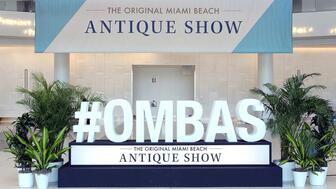
The show will be held March 26-30 at the Miami Beach Convention Center.
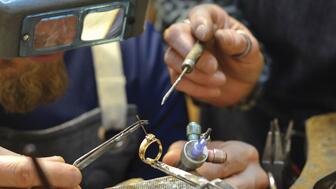
Launched in 2023, the program will help the passing of knowledge between generations and alleviate the shortage of bench jewelers.
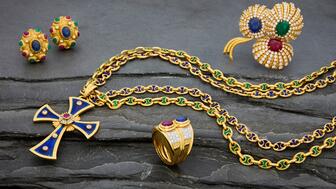
The estate of the model, philanthropist, and ex-wife of Johnny Carson has signed statement jewels up for sale at John Moran Auctioneers.


Are arm bands poised to make a comeback? Has red-carpet jewelry become boring? Find out on the second episode of the “My Next Question” podcast.
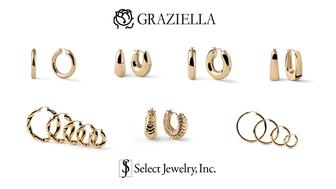
It will lead distribution in North America for Graziella Braccialini's new gold pieces, which it said are 50 percent lighter.
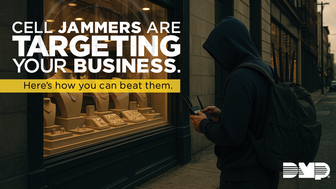
Criminals are using cell jammers to disable alarms, but new technology like JamAlert™ can stop them.
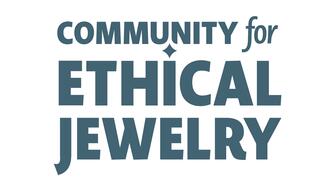
The organization is seeking a new executive director to lead it into its next phase of strategic growth and industry influence.
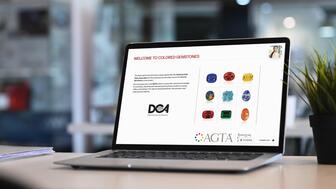
The nonprofit will present a live, two-hour introductory course on building confidence when selling colored gemstones.
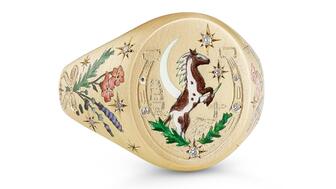
Western wear continues to trend in the Year of the Fire Horse and along with it, horse and horseshoe motifs in jewelry.
![A peridot [left] and sapphires from Tanzania from Anza Gems, a wholesaler that partners with artisanal mining communities in East Africa Anza gems](https://uploads.nationaljeweler.com/uploads/cdd3962e9427ff45f69b31e06baf830d.jpg)
Although the market is robust, tariffs and precious metal prices are impacting the industry, Stuart Robertson and Brecken Branstrator said.
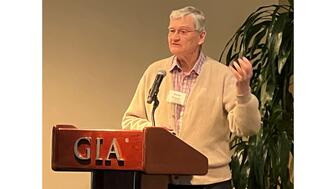
Rossman, who advised GIA for more than 50 years, is remembered for his passion and dedication to the field of gemology.
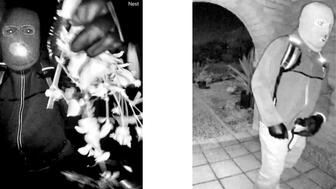
Guthrie, the mother of “Today” show host Savannah Guthrie, was abducted just as the Tucson gem shows were starting.
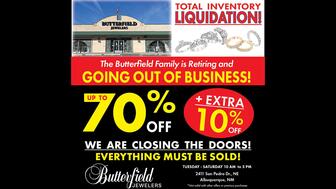
Butterfield Jewelers in Albuquerque, New Mexico, is preparing to close as members of the Butterfield family head into retirement.
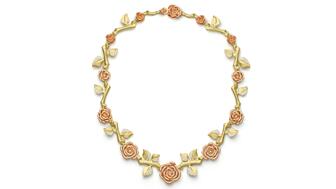
Paul Morelli’s “Rosebud” necklace, our Piece of the Week, uses 18-karat rose, green, and white gold to turn the symbol of love into jewelry.
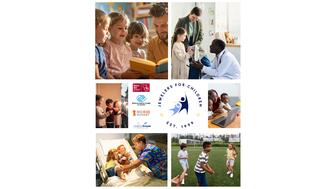
The nonprofit has welcomed four new grantees for 2026.
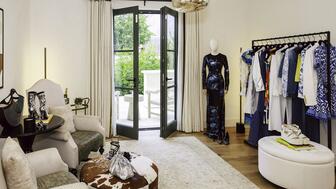
Parent company Saks Global is also closing nearly all Saks Off 5th locations, a Neiman Marcus store, and 14 personal styling suites.
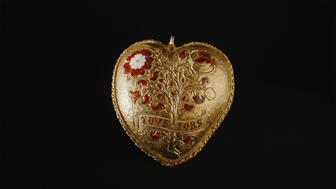
It is believed the 24-karat heart-shaped enameled pendant was made for an event marking the betrothal of Princess Mary in 1518.
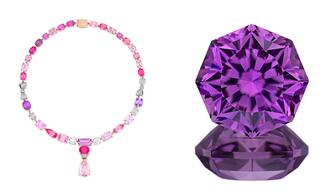
The AGTA Spectrum and Cutting Edge “Buyer’s Choice” award winners were announced at the Spectrum Awards Gala last week.
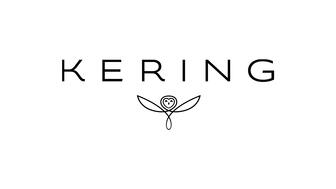
The “Kering Generation Award x Jewelry” returns for its second year with “Second Chance, First Choice” as its theme.
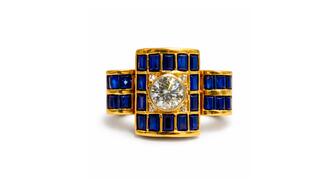
Sourced by For Future Reference Vintage, the yellow gold ring has a round center stone surrounded by step-cut sapphires.
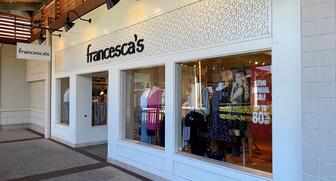
The clothing and accessories chain announced last month it would be closing all of its stores.

The “Zales x Sweethearts” collection features three mystery heart charms engraved with classic sayings seen on the Valentine’s Day candies.

The event will include panel discussions, hands-on demonstrations of new digital manufacturing tools, and a jewelry design contest.
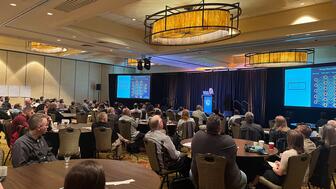
Registration is now open for The Jewelry Symposium, set to take place in Detroit from May 16-19.
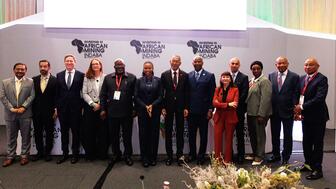
Namibia has formally signed the Luanda Accord, while two key industry organizations pledged to join the Natural Diamond Council.

